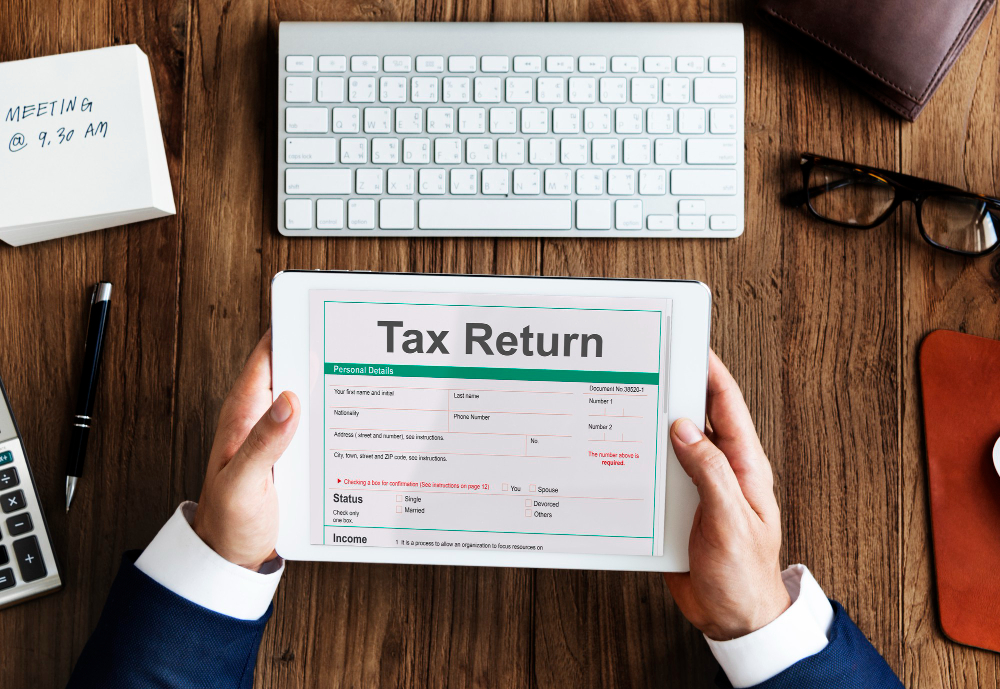Navigating the UK’s Complex Tax System: Tips for Maximizing Your Savings

The UK has a complex tax system, which can be overwhelming for many taxpayers. With multiple tax brackets, allowances, deductions, and exemptions, it can be challenging to know how to navigate the system effectively. However, understanding the tax rules and taking advantage of the various tax-saving opportunities can help you minimize your tax bill and maximize your savings. In this article, we will discuss some tips to help you navigate the UK’s complex tax system and make the most of your finances.
H2: Understanding the UK Tax System
Before we dive into the tips for maximizing your savings, it’s essential to understand the UK’s tax system. The UK has two main types of taxes: direct taxes and indirect taxes. Direct taxes are taxes that are paid directly by individuals or businesses to the government. The main direct taxes in the UK are income tax, national insurance contributions, and corporation tax. Indirect taxes, on the other hand, are taxes that are paid indirectly through the purchase of goods and services. The main indirect taxes in the UK are value-added tax (VAT), excise duties, and customs duties.
Income Tax
Income tax is a direct tax that is paid on most types of income, including earnings from employment, self-employment income, rental income, and investment income. The amount of income tax you pay depends on your income level and tax bracket.
Take advantage of personal allowances and tax credits
Every UK taxpayer is entitled to a personal allowance, which is a tax-free amount of income that you can earn each year. The current personal allowance for the tax year 2022/23 is £12,570. You can also claim various tax credits, such as the working tax credit or child tax credit, if you meet certain eligibility criteria.
using salary sacrifice schemes
Salary sacrifice schemes are arrangements where you agree to give up part of your salary in exchange for non-cash benefits, such as childcare vouchers or pension contributions. By using salary sacrifice, you can reduce your taxable income and lower your income tax bill.
National Insurance Contributions (NICs)
National insurance contributions (NICs) are another direct tax that is paid by employees, self-employed individuals, and employers. NICs are used to fund the UK’s welfare system, including the state pension and benefits.
Check your NICs record
It’s essential to check your NICs record regularly to ensure that you are paying the correct amount of NICs and are eligible for the full state pension. You can check your NICs record online through the government’s website.
Use the annual investment allowance
If you are self-employed or run a business, you can take advantage of the annual investment allowance (AIA) to reduce your NICs bill. The AIA allows you to deduct the full cost of qualifying assets, such as equipment or machinery, from your profits before calculating your NICs liability.
Corporation Tax
Corporation tax is a direct tax that is paid by UK companies on their profits. The current rate of corporation tax is 19%.
Use tax-efficient investments
If you are a UK company, you can invest in tax-efficient investments, such as the Enterprise Investment Scheme (EIS) or Seed Enterprise Investment Scheme (SEIS), to reduce your corporation tax liability. These schemes offer tax relief to investors who invest in qualifying companies.
Claim capital allowances
If you run a business, you can claim capital allowances on the purchase of qualifying assets, such as equipment or machinery. Capital allowances allow you to deduct the full cost of these assets from your profits before calculating your corporation tax liability.
Conclusion
In conclusion, navigating the UK’s complex tax system can be daunting, but by understanding the tax rules and taking advantage of tax-saving opportunities, you can minimize your tax bill and maximize your savings. The tips outlined in this article, such as taking advantage of personal allowances, using salary sacrifice schemes, checking your NICs record, investing in tax-efficient investments, and claiming capital allowances, can help you save money on your tax bill. It’s essential to stay informed about changes to the tax system and seek professional advice if you have any questions or concerns about your tax situation.
FAQs:
Q: Can I claim tax relief for charitable donations in the UK?
A: Yes, if you are a UK taxpayer and donate to a registered charity, you can claim tax relief on your donation. The charity can claim gift aid on your donation, which allows them to reclaim the basic rate of income tax from the government. Higher-rate taxpayers can claim additional tax relief on their donation through their self-assessment tax return.
Q: Can I offset losses from one investment against gains from another in the UK?
A: Yes, you can offset losses from one investment against gains from another in the UK. This is known as ‘bed and breakfasting.’ However, there are rules and restrictions around this, so it’s essential to seek professional advice if you’re considering this strategy.
Also Read : Financial Management Risks in Today’s Uncertain Economy











